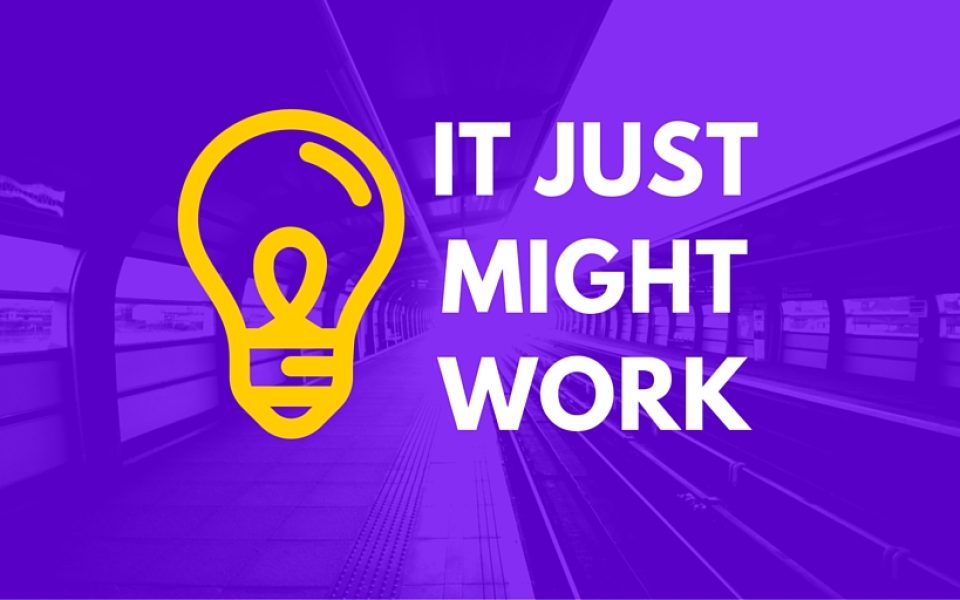Every four years when we elect a new president, we end up obsessing over whether this or that segment of the electorate will turn out to vote in higher or lower numbers than before. In a rational system, the outcome of a presidential race would be determined by which candidate is preferred by the majority of citizens, but instead it’s distorted by uneven voter participation.
Thus Hillary Clinton’s ability to prevail largely depends on whether she inspires African Americans and millennials to show up at the polls, while Donald Trump’s narrow path to the White House requires the support of suburban, politically unaffiliated women (looks like he’s blown it). Of course, Trump has activated one group of voters — low-educated, lower-income white men — who typically don’t vote, but has likely lost highly educated, high-earning white men in the process.
I, for one, would prefer that the decision about who leads the free world not depend on whether Clinton inspires the same level of adulation that African Americans conferred on Barack Obama, or on whether millennials can find a candidate on the ballot who fits their idealism and principals like a snug T-shirt.
There’s a solution to this that might seem strange to some, but actually makes a lot of sense: Every citizen should be required to register to vote when they turn 18. They should be compelled to vote in all elections or face a minimal fine — say, $20.
If we took it as a given rather than a question as to whether certain segments of the population were going to show up on Election Day, we wouldn’t have politicians making absurd rule tweaks to game the system in favor of key constituencies, such as Texas’ election law that treats a handgun license as acceptable identification, but not a university ID. We wouldn’t have politicians in North Carolina mandating that transgender people use the bathrooms opposite of their gender identification. Rather than please their conservative base of white Christians who reliably vote, they would make public policy decision with the understanding that they would have to answer to all of their constituents in the next election. That means that rather than pass laws to suppress the vote of African Americans, Latinos, the elderly, disabled and poor, and college students who tend to favor the other party, Republicans would have to modify their extreme positions to actually compete for everyone’s vote.
The argument against compulsory voting — and for restrictive voting — often comes down to the idea that the electoral franchise is a precious right. The thinking goes that people who really value the right to vote and who are prepared to make thoughtful decisions will find a way to overcome the barriers, and conversely that people who don’t care enough to jump through the hoops shouldn’t have a say.
But the argument that makes more sense is that voting should be regarded as a duty of citizenship, like paying taxes and serving on juries. How sustainable is a society where important policy decisions are made without the buy-in of 80 percent of the population? That’s roughly the share of people who sit out of many municipal elections.
In previous elections, a couple hundred people in established neighborhoods like West Salem and Washington Park largely determined who won the South Ward seat on Winston-Salem City Council. But most of the voting-age people in the ward live in struggling suburbs or new subdivisions near the Davidson County line. These are families with two working parents who are preoccupied with holding down jobs and paying for daycare, and often find it difficult to keep up with local politics — people identified by city council candidate John Larson as “the new middle class.”
These political invisibles represent the sweat equity and personal investment that is powering the economy and financing local police, fire and utility services. If they don’t participate in the election process, we won’t have a democracy for long.
Join the First Amendment Society, a membership that goes directly to funding TCB‘s newsroom.
We believe that reporting can save the world.
The TCB First Amendment Society recognizes the vital role of a free, unfettered press with a bundling of local experiences designed to build community, and unique engagements with our newsroom that will help you understand, and shape, local journalism’s critical role in uplifting the people in our cities.
All revenue goes directly into the newsroom as reporters’ salaries and freelance commissions.


” As of August 2013, 22 countries, including 12 Latin American countries,
have laws for compulsory voting and 11 of these 22 countries enforce
these laws in practice.” -Wikipedia
Appears Compulsory voting isn’t highly thought of even in countries that have Compulsory voting. Probably doesn’t work.
Yeah, if we had compulsory voting I’d stop voting altogether.